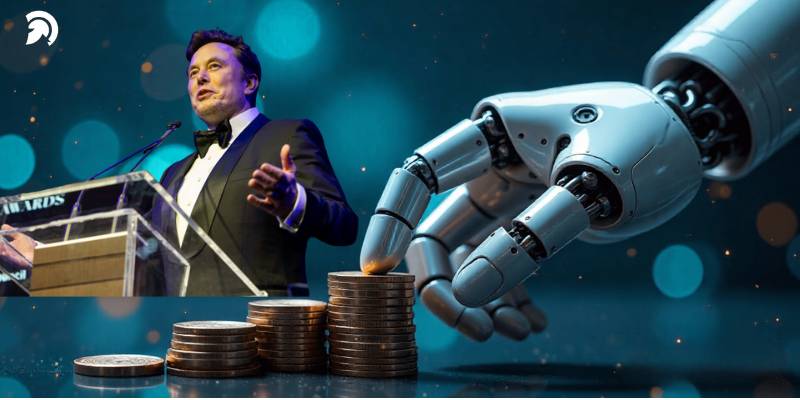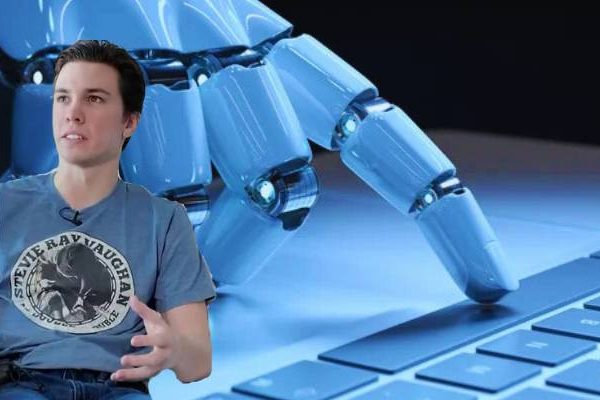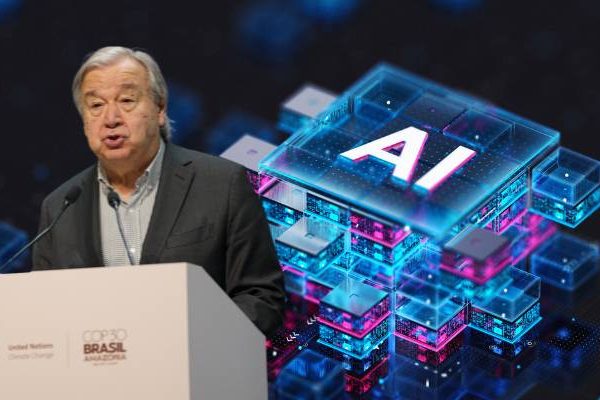
Elon Musk’s Power Play: Wall Street Banker Joins xAI to Reinvent the Future of Money and Machines
Elon Musk has once again shaken up his empire — this time by naming Anthony Armstrong, a former Morgan Stanley banker, as the new Chief Financial Officer of xAI, the company driving the artificial intelligence engine behind X (formerly Twitter).
The move, first revealed through a recent report detailing Armstrong’s appointment, signals that Musk is serious about putting financial order to what’s been an ambitious, and sometimes chaotic, AI venture.
Armstrong isn’t just any banker — he was part of the team that helped Musk secure the financing for that wild $44 billion Twitter buyout.
People close to the matter say this reunion isn’t by chance; Musk trusts him, maybe even more than most of his tech lieutenants.
There’s a sense that this partnership is about more than just spreadsheets and budgets — it’s about turning xAI into a self-sustaining AI-driven financial powerhouse.
And if history tells us anything, when Musk sets his sights on a goal, he rarely tiptoes toward it.
The timing couldn’t be more intense. xAI has been courting investors for a new funding round rumored to push its valuation close to $200 billion.
But amid this excitement, there’s been an executive exodus — including the departure of Mike Liberatore, who’s since been snapped up by OpenAI — leaving some insiders wondering whether Armstrong is stepping into a pressure cooker or a goldmine.
Musk’s track record of demanding pace and ever-shifting priorities is legendary, and Armstrong’s challenge will be balancing that creative chaos with investor confidence.
What makes this all the more fascinating is Armstrong’s background in tech M&A. During his time at Morgan Stanley, he helped structure complex deals that merged innovation with institutional capital.
A few close observers told the Financial Times that his appointment could mark a turning point — the moment xAI evolves from a fast-moving idea factory into a mature, investor-ready enterprise. That’s something Musk’s ventures often resist, at least in their early phases.
There’s also talk inside Silicon Valley that Musk’s goal isn’t just to make xAI profitable but to integrate it more deeply into X, forming a single AI-driven ecosystem where users, data, and payments flow seamlessly.
Some analysts have compared this move to how Apple once folded services into its hardware — except here, the hardware is a global conversation platform.
And it doesn’t hurt that Armstrong, with his financial pedigree, can help Musk pull off the kind of institutional-grade fundraising that could rival the ambitions of OpenAI and Anthropic.
Meanwhile, over in Tennessee, Musk’s team is building a massive supercomputer dubbed Colossus — a project described by The Wall Street Journal as one of the largest AI computing facilities ever attempted.
It’s expected to power not only Grok — xAI’s chatbot — but also future applications that could reshape financial analysis and automation.
Armstrong’s arrival hints at an alignment between that tech muscle and the funding machinery behind it.
If you ask me, this is one of Musk’s smartest plays in years. He’s been juggling rockets, cars, and social networks — but AI is where the real game is being played now.
Bringing in a Wall Street heavyweight isn’t just about credibility; it’s about building an empire that doesn’t burn through cash faster than innovation can catch up.
And yes, there’s a bit of irony here — the same man who mocks traditional finance is now leaning on one of its best to fuel his vision.
Some might say it’s a marriage of chaos and control, logic and lunacy. But that’s classic Musk, isn’t it? Betting big, shaking the system, and somehow convincing everyone to follow along.
If Armstrong can manage to steady that ship while Musk charts new territory, we might just witness xAI turn into the financial heartbeat of the AI age — a blend of algorithms, ambition, and audacity that could redefine what money means in a machine-driven world.
And as one recent report noted, Armstrong’s appointment may be less about fixing the books and more about rewriting the entire financial playbook. In Musk’s universe, that’s just another Tuesday.





















